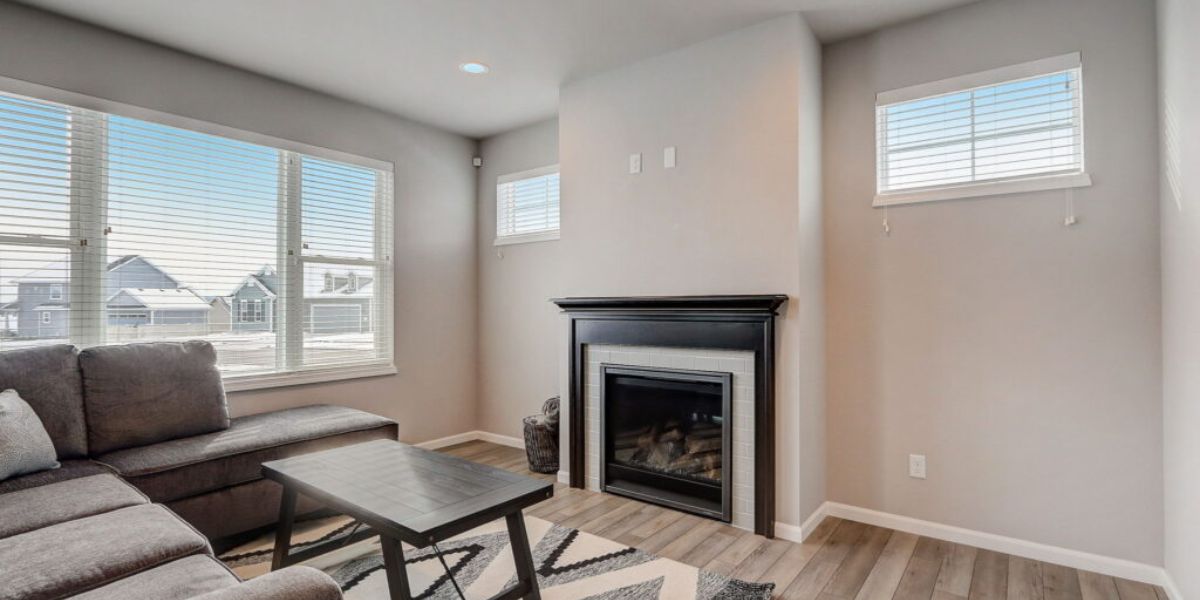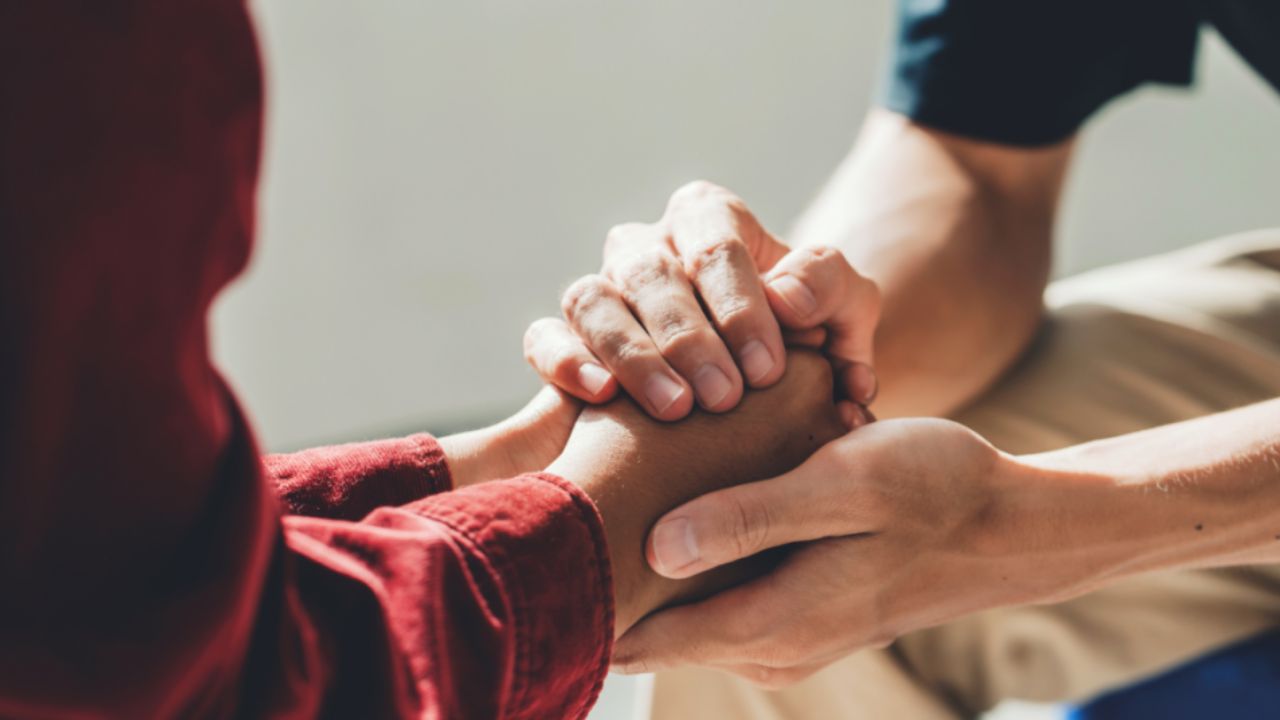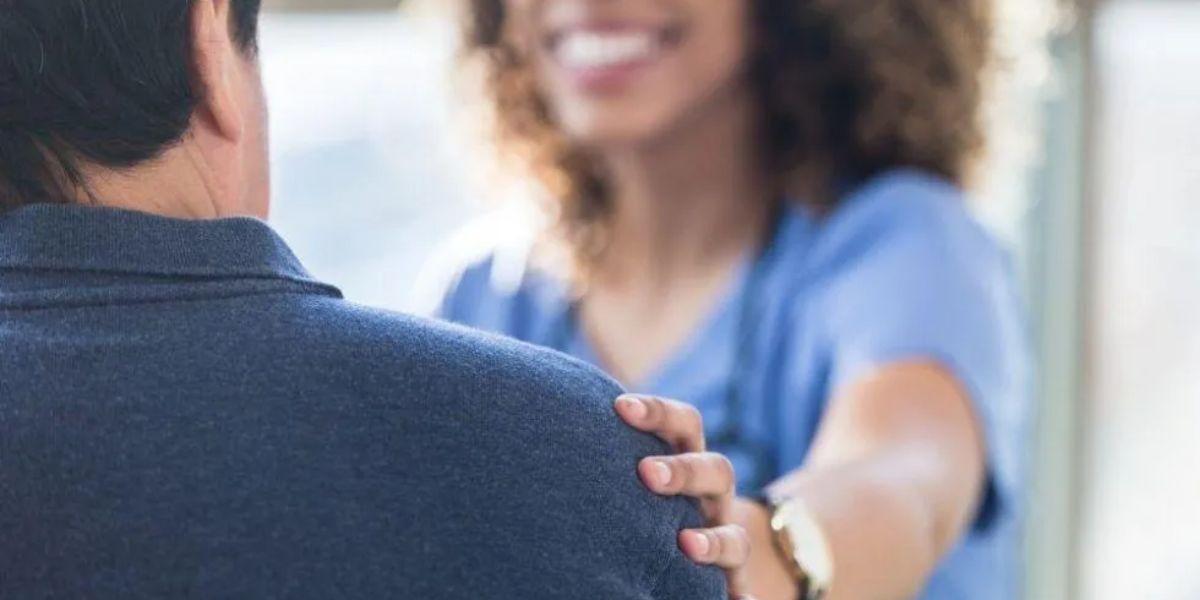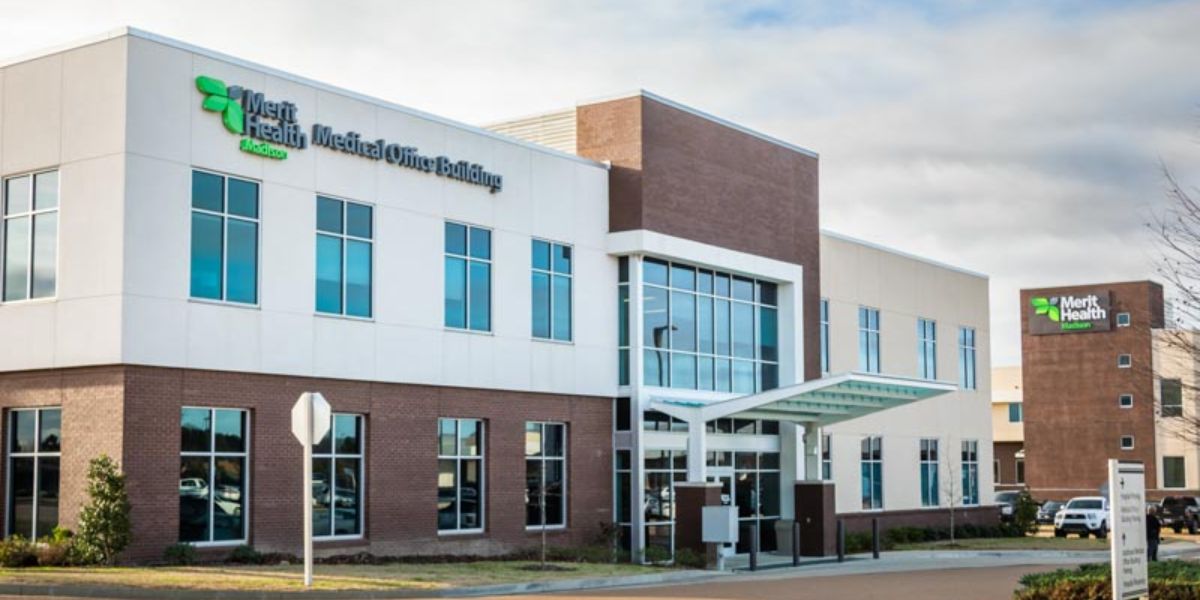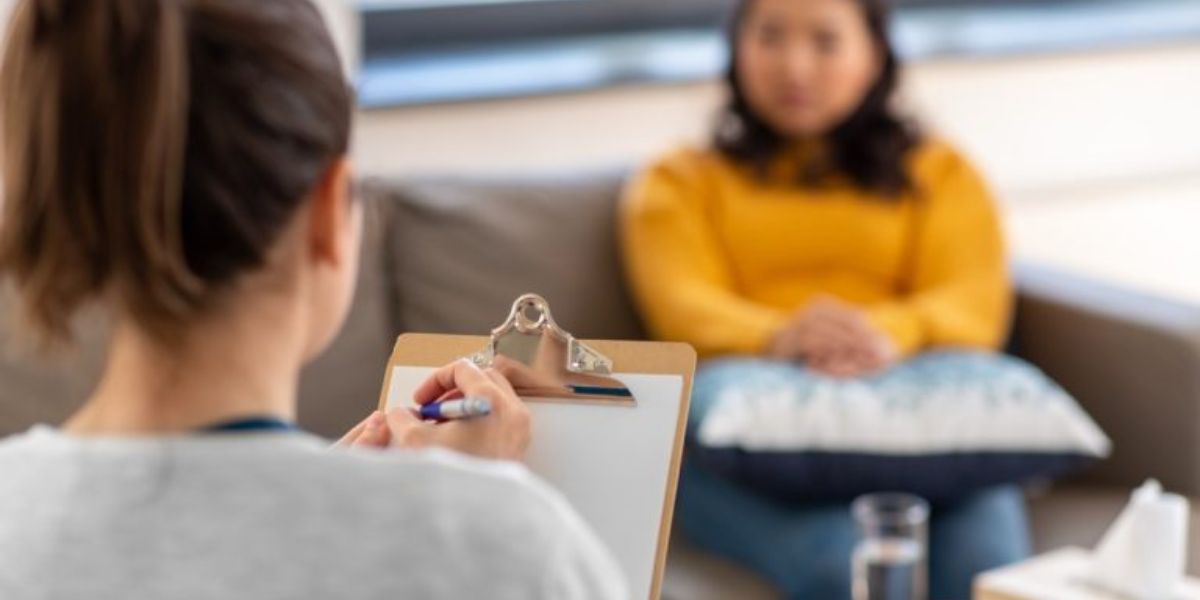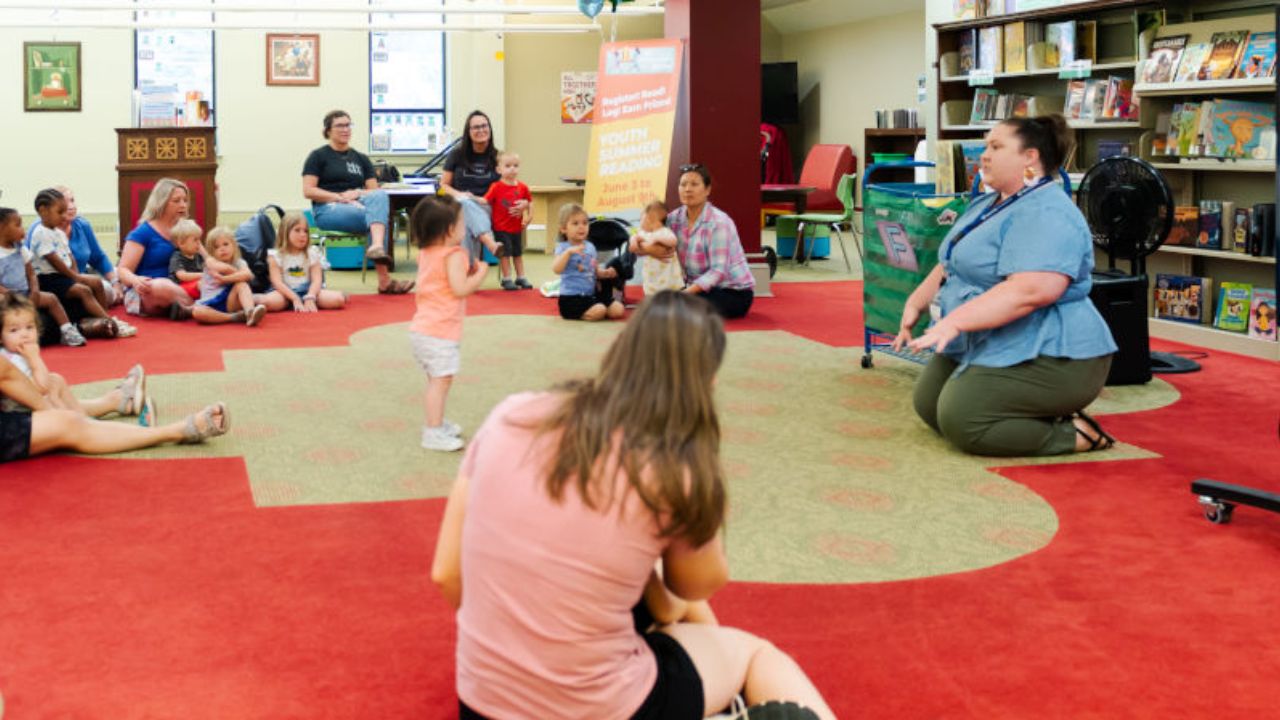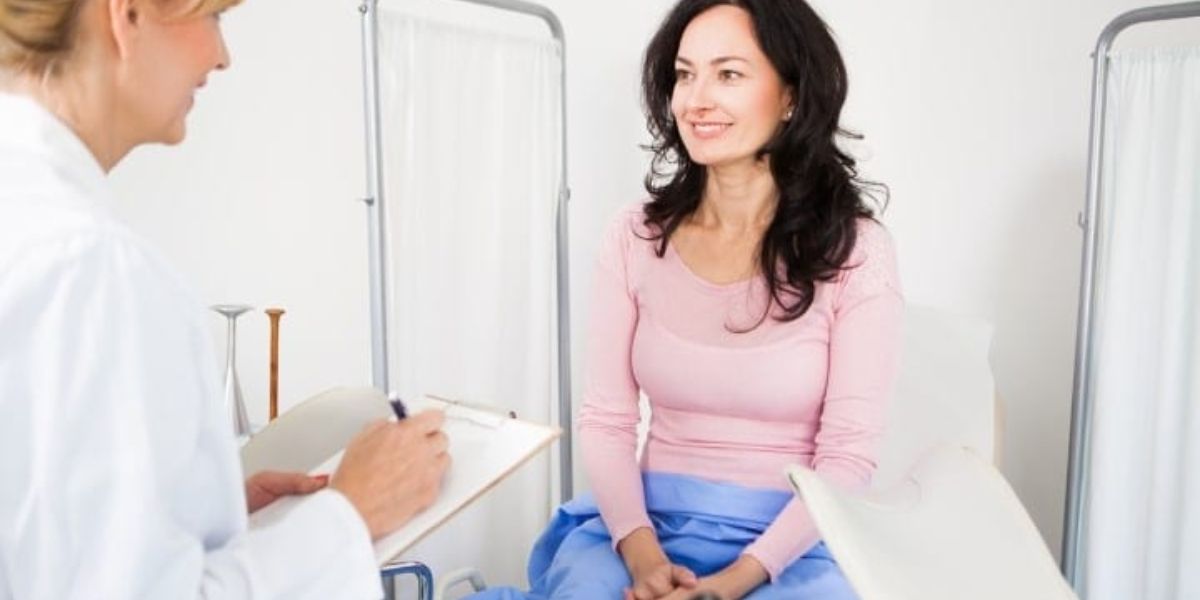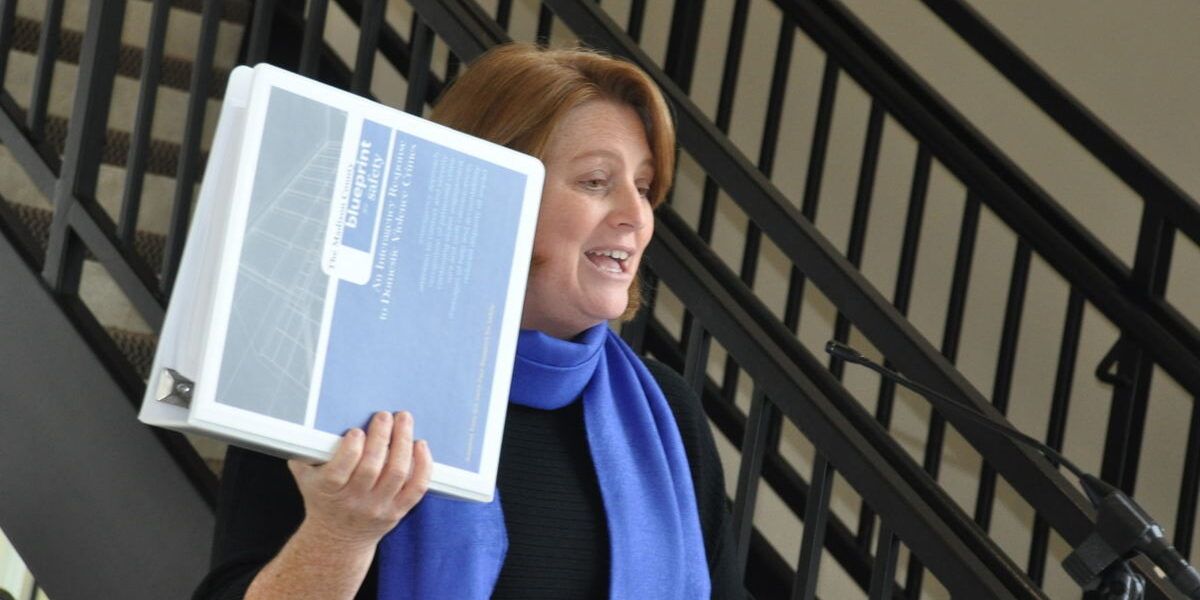Recovery housing and safe spaces play a crucial role in helping individuals rebuild their lives after addiction. In Madison County, community-based programs and supportive environments are giving people a chance to recover with dignity, stability, and hope. From structured recovery homes to transitional housing initiatives, local organizations are working together to create safer, recovery-oriented communities.
Understanding Recovery Housing
Recovery housing provides a substance-free, supportive living environment for people transitioning out of treatment programs or seeking to maintain sobriety. Unlike traditional housing, recovery homes are designed with accountability and peer support at their core.
Table of Contents
Residents typically share responsibilities, attend regular meetings, and participate in recovery-focused activities. These homes encourage structure and independence while offering guidance from trained staff or peer mentors.
In Madison County, recovery housing often follows four key levels of support:
- Peer-Run Homes: Residents self-manage the home, fostering shared accountability.
- Monitored Homes: House managers or peer leaders provide day-to-day guidance.
- Supervised Residences: Staff offer professional oversight and regular program coordination.
- Service-Provider Residences: Structured programs that integrate therapy, counseling, and job support.
Each model aims to meet individuals where they are in their recovery journey, ensuring the right balance between independence and support.
Local Recovery Housing Options in Madison County
Madison County has steadily expanded its network of recovery resources through partnerships with local nonprofits, faith-based organizations, and health providers. These programs serve men, women, and families navigating post-treatment recovery.
Several organizations are leading this effort:
- Hope House Recovery Center – Offers gender-specific housing for adults committed to maintaining sobriety, along with job readiness programs and peer mentorship.
- Madison County Transitional Living Initiative – Provides affordable recovery housing that bridges the gap between inpatient treatment and independent living.
- Bridges of Hope – Operates residential treatment and recovery programs emphasizing long-term wellness and family reintegration.
- Stepping Stones Women’s Home – Focuses on providing a secure environment for women recovering from substance use and trauma, including counseling and childcare support.
These programs not only provide a roof over one’s head but also offer access to employment support, medical care, and community connections—key factors in maintaining recovery success.
Safe Spaces for Healing and Support
Safe spaces go beyond physical housing—they represent emotional safety and inclusion. In Madison County, recovery-friendly environments are expanding across healthcare settings, workplaces, and community centers.
Peer-led groups, such as local Narcotics Anonymous and Celebrate Recovery, hold weekly meetings in churches, parks, and libraries. These meetings create a space for individuals to share experiences, receive encouragement, and build meaningful relationships outside of formal treatment.
Community health centers are also transforming into safe spaces by integrating behavioral health and addiction recovery services into primary care. Patients can access counseling, medication-assisted treatment, and support groups under one roof—reducing stigma and improving long-term outcomes.
Why Safe, Stable Housing Matters in Recovery
Stable housing is one of the strongest predictors of long-term recovery. Without a safe place to live, people in recovery face higher risks of relapse, unemployment, and isolation.
Recovery housing and safe spaces help by:
- Building community connections that counter loneliness and isolation.
- Encouraging accountability through peer support and shared routines.
- Providing structure and purpose, especially through employment or volunteer opportunities.
- Reducing relapse risk by removing environmental triggers associated with substance use.
According to the Substance Abuse and Mental Health Services Administration (SAMHSA), individuals in recovery housing are nearly twice as likely to maintain sobriety after 12 months compared to those without stable housing.
Integrating Family and Community Support
Recovery is not an individual process—it’s a family and community effort. Many Madison County programs now involve family education and counseling sessions, helping loved ones understand the challenges of addiction and ways to support recovery without enabling old habits.
Community organizations, schools, and healthcare providers are collaborating to create family-inclusive recovery pathways, ensuring that support continues beyond the walls of a treatment center.
Expanding Access and Overcoming Barriers
While recovery housing availability has improved, affordability and accessibility remain ongoing challenges. Some residents face long waiting lists or financial barriers that delay entry into safe housing. To address this, Madison County agencies are pursuing state funding, grants, and partnerships with local landlords to increase capacity.
Public awareness campaigns also play a vital role—educating residents about recovery housing, reducing stigma, and encouraging landlords and employers to participate in supportive housing initiatives.
Conclusion
Recovery housing and safe spaces in Madison County are giving individuals the tools they need to heal, rebuild, and thrive. By combining stable housing, peer support, and integrated care, these programs are helping residents reclaim control of their lives while strengthening the community as a whole.
Call to Action:
If you or someone you know in Madison County is seeking recovery housing or supportive programs, reach out to your local community health center or visit mcchc.org to learn more about available options and ongoing initiatives. Together, we can build a stronger, recovery-friendly Madison County.

